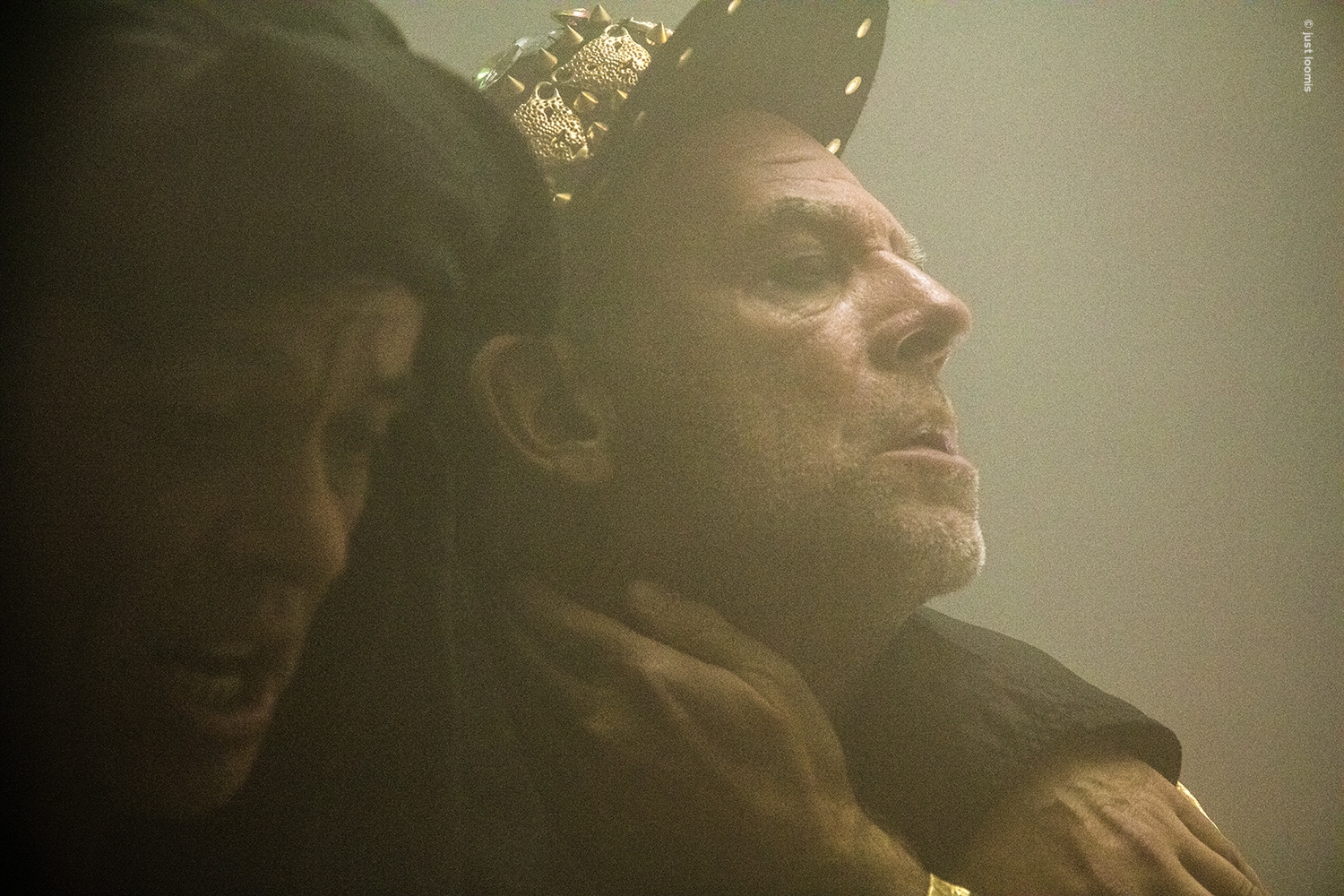


The 28-year-old author Ödön von Horváth, scion of a family of diplomats, offered the play “The cable car” to the artistic director of Volksbühne Berlin, pretending to be a miner. In this way, he hoped to strengthen his proletarian credibility and social-revolutionary stance. Against the backdrop of a historical event, Horváth tells the story of Moser, Oberle, and Karl, the workmen who, under inhumane conditions, are about to accomplish a technological feat in the steep mountain gorges of Tyrol. Their manual labour is exploited for the construction of the Zugspitze cable car with a track length of almost 3 kilometres but they are paid a pittance. Enter an over-ambitious engineer, the job-seeking barber Mr Schulz from Berlin, and a stock owner who has the cable car workers sweat blood for his own profit. Plans for a revolt are made, shots get fired, and in the end several people are dead. But has the situation of the exploited productive forces changed in actual fact? Have capitalist conditions got transformed after the events, as Karl Marx imagined? Already Horváth began to have his doubts. In the play, the miners anticipate a society which has the offender-victim relationship transformed into merciless self-exploitation, where all the talk about riot and escape is idle and only leads to stabilizing the old rat-race existence.
After the musical comedy “Der Bauch” [The Belly], “The Cable Car” is young director Andreas Merz’ second production for Volksbühne.
With: Frank Büttner (Max Schulz), Inka Löwendorf (Vroni / Eva), Mex Schlüpfer (Ingenieur), Axel Wandtke (Aufsichtsrat / Oberle / Gott) and Gerdy Zint (Moser / Adam)
Director: Andreas Merz
Stage Designer: Julia Kurzweg
Costumes: Teresa Tober
Dramaturgy: Sebastian Kaiser, Elena Sinanina